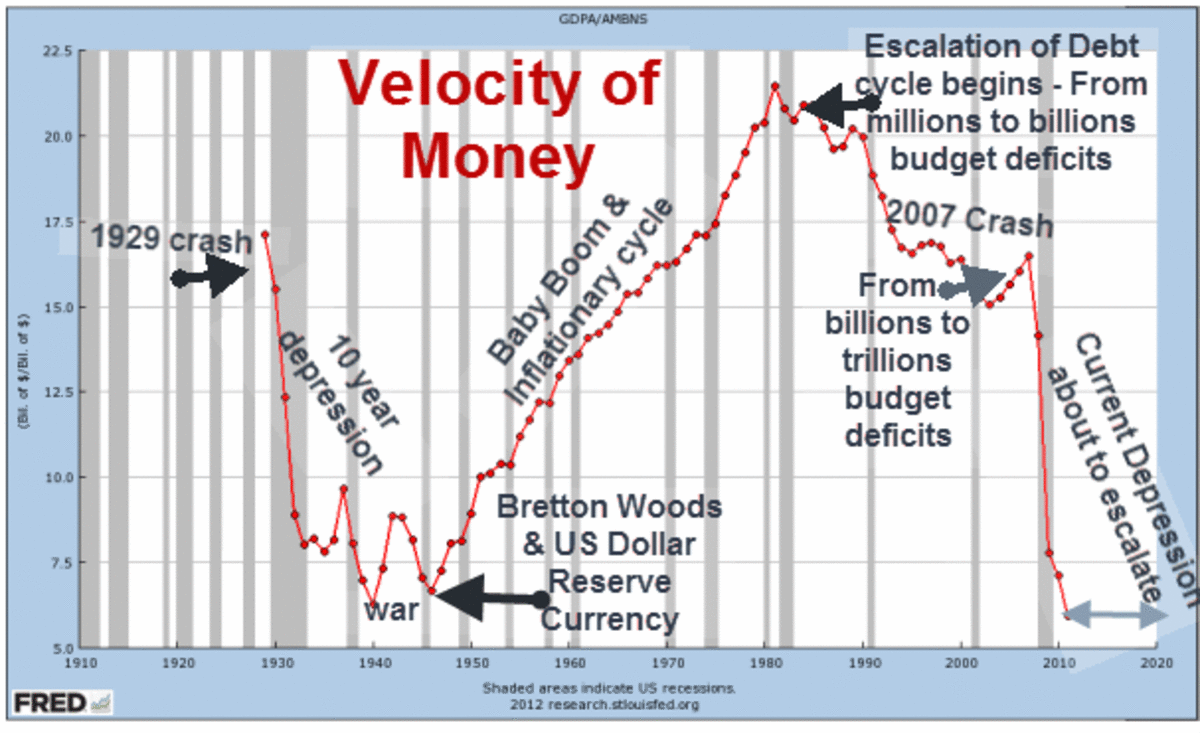One bottle of Coke - Explaining the Failure of Economic Central Planning
The Situation
It's a beautiful but hot weekend day in the middle of July. Rain is in the forecast tomorrow, so the grass needs to be cut today. Being the responsible homeowner that you are, you complete the tasks of mowing and edging the lawn. Both jobs together take a little over an hour. Having been out in the 90 degree weather working, you are craving something cold to drink. You like both Coke and Pepsi, but today you're in the mood for Coke. Partially dehydrated and sun beaten, you walk into the house, open the refrigerator, and discover that there is Pepsi in the fridge, but no Coke. Remembering now that you drank the last Coke yesterday, this situation has several possible outcomes. The three most likely will be discussed here, and the factors that affect the decision.

The Most Likely Outcomes
The first possible outcome is you forgo the Coke and have a Pepsi. The sun, heat, and humidity took enough out of you at the moment that you really want to relax in your chair, rehydrate with something you enjoy. Although you felt like having Coke today, you like Pepsi enough to forgo your momentary first preference for your next best alternative. You grab the Pepsi out of the refrigerator, pop open the can, collapse back into your recliner, and enjoy.
The second potential outcome is you go to the store and buy Coke. Your desire for Coke has outweighed your urgency to rehydrate yourself quickly with something for which you at the moment have less of a preference. The time it would take to drive to the store is also not enough to turn you off to the idea. You grab your wallet and keys, and drive to the store for some Coke.
The third outcome is you go to the store and end up buying something other than Coke. You drive to the store, fully intending on buying Coke. Yet when you get there, you notice another beverage that catches your eye. You've seen the commercials, you were curious, but when you had previously been shopping, you never thought to buy it. But today it catches your eye before you get to the Coke. What's more, it has less calories per serving and is in a larger bottle. You're very thirsty. So you decide to give this new beverage a try. You forgo both the Coke and the Pepsi, buy the new product, walk out of the store. You've drank half of it by the time you've gotten home.
Analysis of the Factors Affecting the Decision
It is clear by now that there were several factors that determined whether or not this transaction of the purchase of a bottle of Coke was going to be made. In most business transactions, price plays a key role. But with one individual purchase of a bottle of Coke, this was not the main factor.
The external factors were time, heat, humidity, sun, price, distance to the store, and energy spent in terms of work in going to buy the Coke - driving, walking, potentially waiting in line.
The internal factors were thirst, fatigue, strength of preference of Coke, and mood.
While you may not sit down and give an overextended analysis of all the variables that potentially could come into play when you decide whether or not to buy something, some or all of those, or even more, can be a factor.
What will eventually determine which outcome will take place are your own instantaneous prioritization of values at that particular time. The pro of drinking Coke is that is what you currently are in the mood for, it is your highest valued soft drink at that time. The con is it is not immediately within reach. Only you will know and judge whether it is worth the time and effort for you. In addition, your preferences could change, and the variables could also change.

Conclusion
One of the cornerstones of the theory of central planning is the claim that demand can be controlled and anticipated with adequate precision and accuracy. An example of this manifestation are the numerous equations of Keynesian economics. The situation above show why this claim is false. The number of variables that go into determining whether just one business transaction will take place illustrates this concept. Humans, unlike individual particles and elements, have consciences. They have wills, preferences, and emotions. It is not possible to predict, either precisely or accurately, human action in the form of mathematical equations. Humans, like all animals, react and adapt to positive and negative incentives and stimuli. Due to the capacity of humans to also anticipate stimuli, the anticipation and expectation of government policies can affect the economic behavior of individual consumers and businesses to varying degrees. The degrees can also not be reliably calculated by planners due to the psychological differences and resulting behavior of each individual. If you do not even know what you will be in the mood to drink three days from now, or maybe even tomorrow, how can you predict demand for millions of people?









